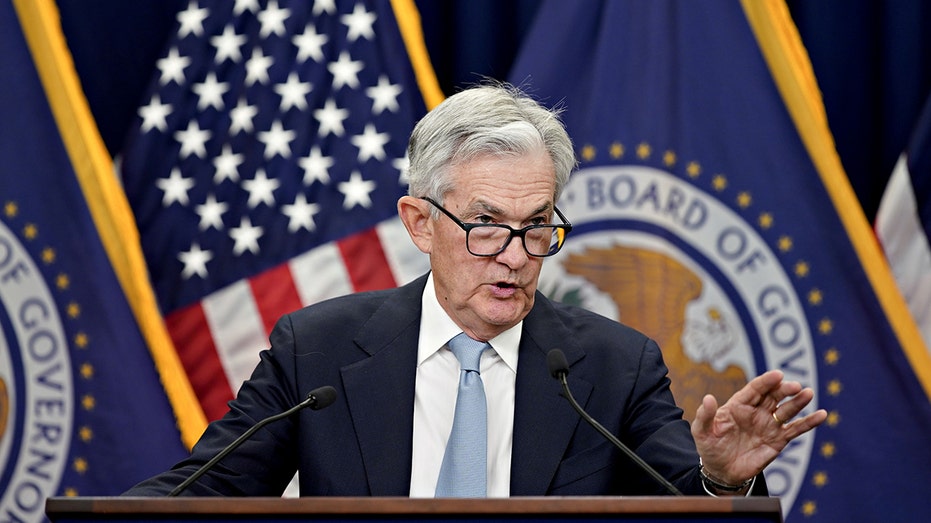Inflation is falling but buying food can still be expensive. Grocery prices surged 21% in the last three years, surpassing the overall 18% pace of inflation during that same time period, according to the Bureau of Labor Statistics.
Federal Reserve officials raised concerns during their March policy-setting meeting that price pressures within the economy were heating up again, even before the government reported that inflation accelerated again last month.
Minutes from the U.S. central bank’s March meeting released Wednesday showed that officials remain attentive to inflation risks, with some concerned that progress toward the Fed’s 2% target could stall.
“Participants generally noted their uncertainty about the persistence of high inflation and expressed the view that recent data had not increased their confidence that inflation was moving sustainably down to 2 percent,” the report said.
WHY ARE GROCERIES STILL SO EXPENSIVE?
While Fed officials reiterated that interest rates are likely at their peak, they also expressed hesitance to begin reducing rates amid fears that it could stoke higher inflation.

Fed Chair Jerome Powell speaks during a news conference in Washington, D.C., on March 22, 2023. (Al Drago/Bloomberg via / Getty Images)
“Participants noted indicators pointing to strong economic momentum and disappointing readings on inflation in recent months and commented that they did not expect it would be appropriate to reduce the target range for the federal funds rate until they had gained greater confidence that inflation was moving sustainably toward 2 percent,” the minutes said.
JAMIE DIMON WARNS INFLATION, INTEREST RATES MAY REMAIN ELEVATED
Officials voted at the March meeting to hold interest rates steady at a range of 5.25% to 5.5%, the highest level since 2001. But policymakers also projected three interest rate cuts this year despite back-to-back inflation reports that indicated progress on inflation had lost momentum.
The minutes show that “almost all” officials supported reducing rates at some point this year.
However, the latest consumer price index data, released Wednesday morning, may throw cold water on those forecasts.

Shoppers are seen in a Kroger supermarket on Oct. 14, 2022, in Atlanta. (Elijah Nouvelage/AFP via / Getty Images)
The report showed that inflation rose 3.5% in March, the highest level since September 2023, amid a resurgence in gasoline and rent costs. It marked the third straight month that inflation came in hotter than expected, underscoring the difficulty of taming price growth.
Other parts of the report also pointed to stubborn price pressures within the economy. Core prices, which exclude the more volatile measurements of food and energy, climbed 0.4%, as they did in January and February, for an annual gain of 3.8%. Those figures are also higher than estimates.
GET FOX BUSINESS ON THE GO BY CLICKING HERE
Market pricing now indicates the Fed may only cut rates twice this year – and that the first reduction will not come until September, according to the CME Group’s FedWatch tool.
“In fact, even if inflation were to cool next month to a more comfortable reading, there is likely sufficient caution within the Fed now to mean that a July cut may also be a stretch, by which point the U.S. election will begin to intrude with Fed decision-making,” said Seema Shah, chief global strategist at Principal Asset Management.



